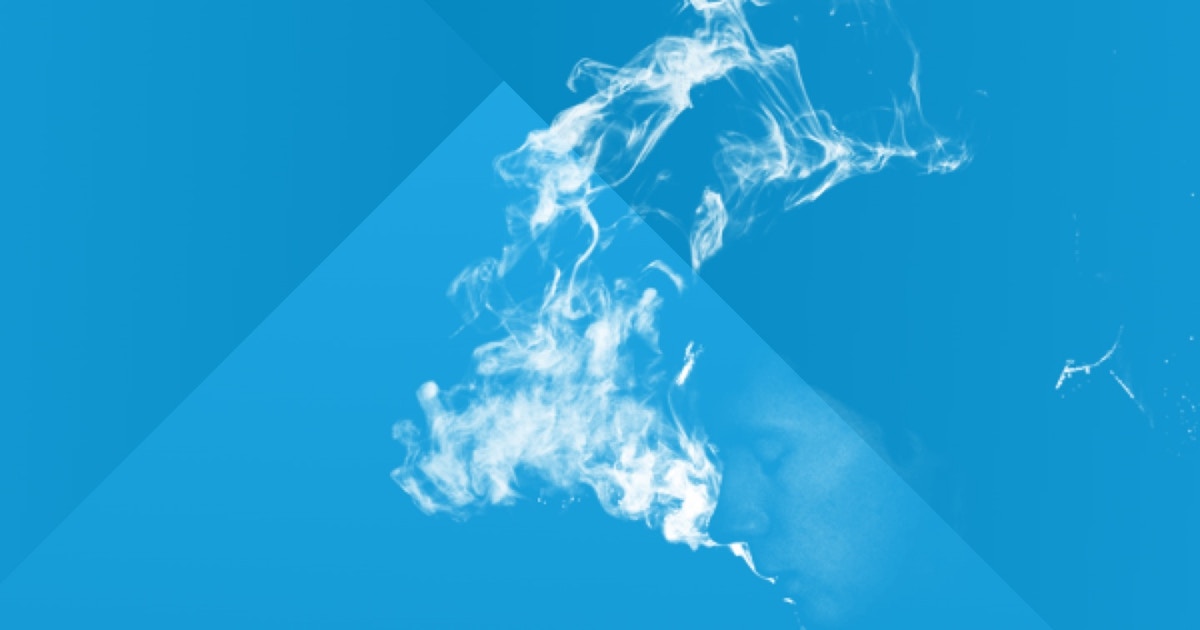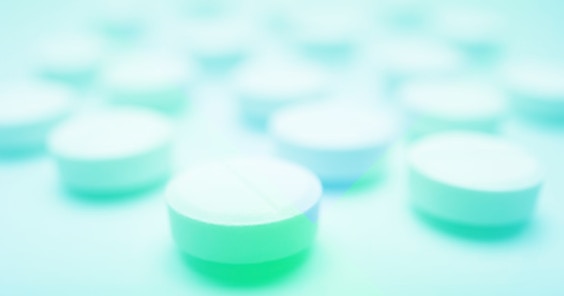I Am Sober is a free app that helps you get some control back in your life.

Differences In Drug Addiction And Dependence?
Last Updated: Tue, January 23, 2024Addiction and dependence are two distinct types of substance abuse, with drug addiction being more of a psychological issue and dependence being more physiological. It is possible to be dependent on a drug without being addicted, but the two forms of substance abuse frequently apply to the same person.
Definition of Addiction
Addiction has been redefined many times – even among different substances – but the American Society of Addiction Medicine (ASAM) defines addiction as a “primary, chronic disease of brain reward, motivation, memory and related circuitry.” There are some key words in here to help distinguish addiction from dependence. For starters, “disease.” Disease is a powerful word in the drug addiction community because there are those that adamantly agree and those that disagree (as well as those that believe this dichotomy needs to be ignored); this is also why many medical institutions are referring to addiction as a disorder, i.e. Alcohol Use Disorder (AUD) or Substance Use Disorder (SUD) – but I digress.
Regardless of which boat you fall in to, “disease” is important to understanding the difference because in the medical community, a disease can be cured, treated, or managed. With addiction, it’s a compulsive behavior due to a rewiring of the brain’s rewards system, but more and more evidence has shown that addicts’ brains are predisposed to addiction. This is why Sally can have ten drinks, wake up hungover and not drink again until her cousin’s wedding, but Ross can’t stop even after everyone else has.
While the brain’s rewards system can be rewired with time, it’s that predisposition that makes addicts relapse and fall back into old habits. This is what rules out “management” for addiction. You cannot be an addict and learn how to manage your substance use; you cannot simply have “one drink.” It’s this same principle that rules out “cure” for the condition as the cure is to abstain altogether; i.e. Does it hurt when you move your arm this way? Then don’t move your arm that way anymore.
The implication of disease means drug addiction cannot be cured or managed and therefore the only other course is treatment. For a recovering addict, treatment typically involves a large support group, meetings, long-term goal-planning, meetings, a change of environment and meetings.
Definition of Dependence
If we accept that addiction is a disease, then drug dependence can be thought of as the symptom or behavior that helps generate the disease; in the same way a cigarette can cause lung cancer, drug dependence can cause addiction.
Drug Dependence is more of a physiological response, and typically identified with the absence of the drug. Dependence is usually not tied to people are looking for a high, but those looking to feel normal. People who are dependent on drugs typically do not think of the drug as a vital part of their lives, but they do feel their absence.
he most common example of a someone suffering from drug dependence are those who are taking opiates for pain relief. Doctors may prescribe opiates following a severe accident or major surgery to dull the pain to expedite the patient’s recovery. However, many patients – especially those following long recovery times or suffering from chronic disorders – end up needing higher doses as their bodies build a tolerance to the drug. Again, this is not a result of people looking to get high, but to keep their bodies feeling normal.
The end result is the body ends up building a tolerance so it ends up requiring either stronger drugs or drugs in greater volume. This is also why dependence often accompanies or leads to addiction. In some ways you can think of drug dependency as the “gateway” symptom towards addiction. The need for more powerful drugs is what often leads a person to illegal street drugs, typically transforming them into addicts.
The Difference Between Drug Addiction & Drug Dependence
Addiction is the result of a more psychological issue. The brain’s reward system is rewired causing a person to think of their drug use the same way a person things of food – a necessity to survive. This is also how an addict’s behavior differs greatly from someone who is dependent on a substance, but not addicted. An addict will forego any and everything to obtain their drug of choice. They will risk their job, their home, their loved ones, and their own safety to find and use their drug. The brain is rewired into thinking it needs the drug to survive.
If you’ve ever interacted with anyone in survival mode, they become increasingly irritable, aggressive and erratic; think “hangry,” but far more sinister. Without the substance, someone suffering addiction will experience withdrawal symptoms and severe cravings to find and use the drug again.
Meanwhile someone whose dependent on drugs may experience physical symptoms of withdrawal (vomiting, headaches, dizziness), but they lack the survival mode of an addict. Their brains aren’t telling them they need the drug or they’ll die, their bodies are telling them that they’re experiencing severe levels of pain and discomfort that can only be sated by another dose. Many can communicate this vs someone whose addicted that literally cannot think of anything else.
The two terms are frequently used interchangeably, but there are distinct differences. Unfortunately, those differences are easiest to discern once the affected people are suffering severely. For example, someone with severe drug dependence cannot function or go to work unless they have a dose of their drug of choice. And, someone who is addicted has lost their job, and shoved loved ones aside in an effort to fuel their ongoing habit.
I Am Sober is a free app that helps you get some control back in your life.




